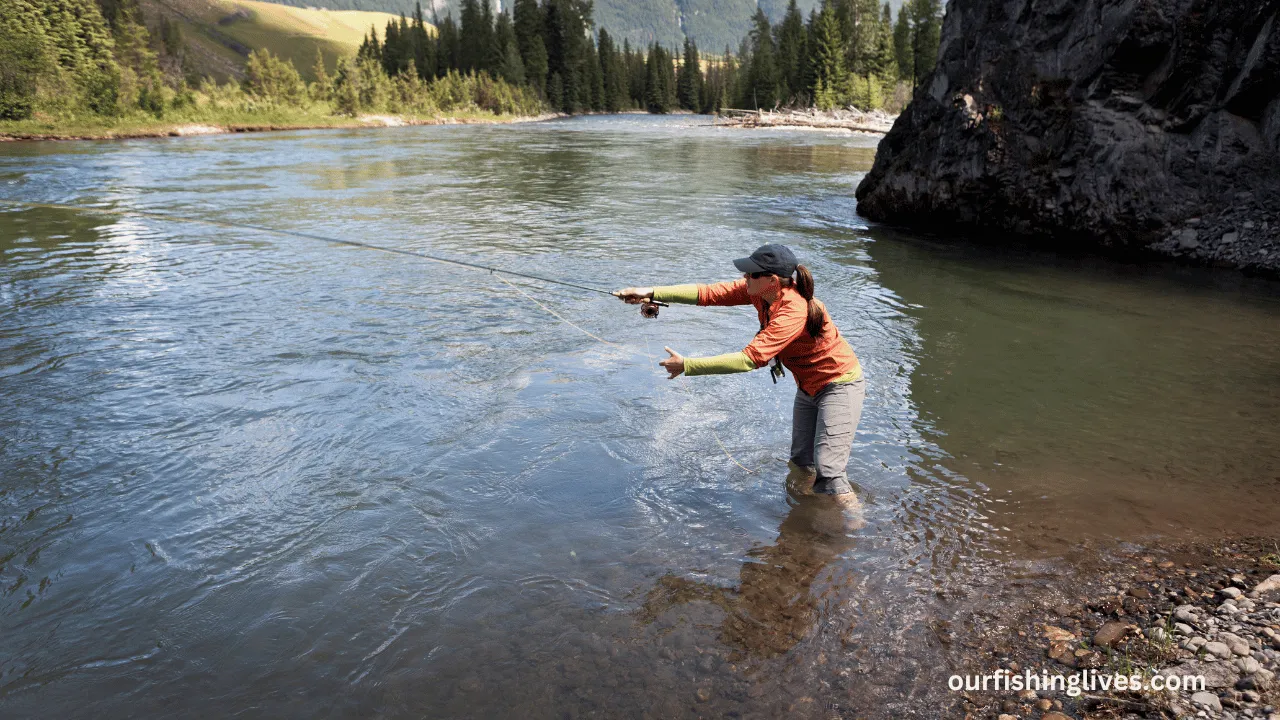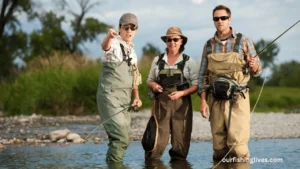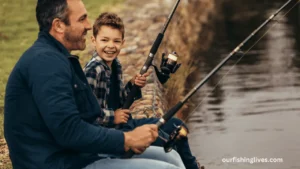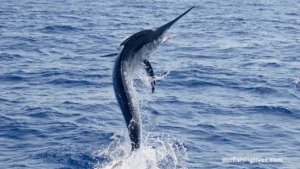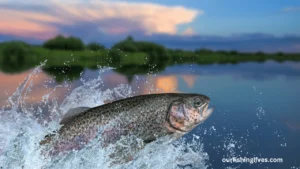Fly fishing is a traditional way to fish that has captured the hearts of outdoor lovers and anglers all over the world. Fly fishing has a long history of both sport and conservation. It is known for its graceful casting, delicate presentations, and the chase of elusive trout. While moving rivers are peaceful and catching fish is exciting, there is still a question that people want to know: Does fly fishing hurt fish?
Contents
1. The Art and Method of Fly Fishing
Fly fishing is distinguished by several defining characteristics, including its use of a lightweight fly rod, a specialized weighted line, and the casting of artificial flies to entice fish. Its distinctiveness lies in the precision and finesse required to mimic the natural movements of insects or other aquatic prey, luring fish to strike.
This method is often associated with catch-and-release practices, with anglers aiming to release the fish back into the water unharmed, thus promoting the sustainability of fish populations.
2. Balancing Conservation and Recreation
The ethos of fly fishing centers on a harmonious relationship with nature and the conservation of aquatic environments. Anglers dedicated to ethical practices often use barbless hooks to minimize harm and employ proper handling techniques to reduce stress and injuries to the fish.
Moreover, the emphasis on returning the fish to its habitat unharmed underscores the commitment of fly anglers to the preservation of fish populations and the ecosystems they inhabit.
3. Impact of Fly Fishing on Fish Welfare
Despite the best intentions of catch-and-release fishing, concerns persist regarding the potential harm inflicted on fish during the angling process.
Common points of contention include the risk of physical injuries caused by the hook, the physiological stress induced by the fight during the catch, and the potential for internal injuries if the fish swallows the hook. While angling ethics and regulations aim to mitigate these risks, the impact on fish welfare remains a subject of scrutiny and inquiry.
4. Scientific Inquiries and Findings
To address the complexities surrounding the impact of fly fishing on fish, numerous scientific studies have been conducted to assess fish mortality rates, physiological stress, and the long-term effects of catch-and-release practices.
Findings from these studies present a varied landscape, with some research suggesting that when proper techniques are followed, catch-and-release fishing can result in minimal mortality rates. However, other studies emphasize the potential ramifications on fish behavior, growth rates, and reproductive success, raising questions about the broader implications of catch-and-release practices.
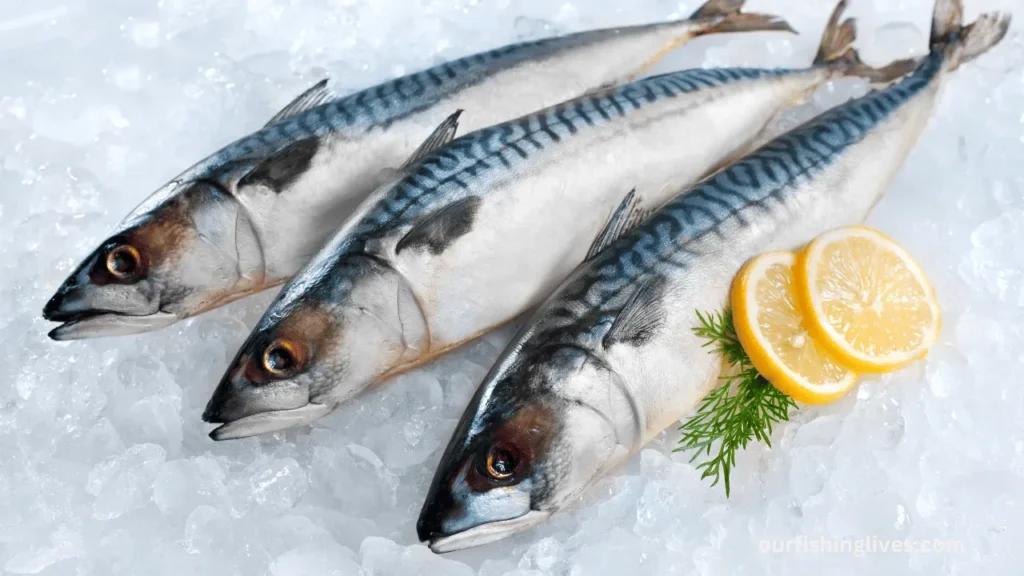
5. Ethical Imperatives and Conservation Initiatives
In the pursuit of sustainable fly fishing practices, ethical considerations hold significant weight. Advocates of responsible angling underscore the importance of respecting fish as sentient beings and minimizing harm during the fishing process.
Furthermore, conservation-minded anglers proactively engage in habitat protection and support ecosystem preservation efforts to safeguard the well-being of fish populations and the aquatic environments they rely on for survival. Notably, the ethical dimension of fly fishing transcends individual actions, culminating in collective efforts to promote responsible stewardship of aquatic ecosystems.
6. Paths Forward and Collaborative Approaches
With an eye toward the future, continued research and vigilant monitoring stand as imperatives in understanding the intricate interplay between fly fishing and fish populations. The convergence of angling communities, scientific inquiry, policymaking, and conservation endeavors offers a promising terrain for the development of holistic strategies aimed at ensuring sustainable fly fishing and the well-being of fish populations
In addition, the advancement of fishing gear technology, such as the utilization of biodegradable materials and innovative hook designs, presents a frontier of potential solutions to further mitigate the impact of fly fishing on fish welfare.
Conclusion
Thinking about the question “does fly fishing hurt fish?” it is important to see how complex it is. There is a lot of interest in how fly fishing affects fish welfare because it combines fun, conservation, and science research.
In the pursuit of trout and other species by anglers, ethical concerns, attempts to protect fish populations, and the need for responsible stewardship shape the conversation about fly fishing and its effects on fish populations. As the effects of this conversation spread, the ongoing dedication to protecting and balancing aquatic ecosystems is a strong example of the lasting impact of fly fishing.
The natural balance between fishing and protecting fish populations becomes a lighthouse that shows the way forward and promises a sustainable and moral relationship with nature’s watery wonders.
FAQs
What is Fly Fishing?
Fly fishing is a unique angling method that uses a light-weight lure called a fly to catch fish. Anglers cast the fly using a specialized fly rod, reel, and weighted line.
Do Fish Get Hurt When You Fly Fish?
Fish can potentially get hurt when fly fishing due to the hook piercing their mouth.
Catch-and-release practices aim to minimize harm by quickly releasing the fish back into the water.
Using barbless hooks and proper handling techniques can reduce injuries to fish during the catch-and-release process.
How Can Anglers Minimize Harm to Fish?
Use barbless hooks to facilitate easier hook removal and minimize damage to fish.
Handle fish with wet hands or using a soft rubberized landing net to protect their delicate scales and skin.
Keep fight time to a minimum to reduce stress and exhaustion on the fish.
What Are the Benefits of Catch-and-Release Fishing?
Sustainability: Allows fish populations to thrive by releasing them unharmed.
Conservation: Promotes the preservation of fish populations for future generations.
Ethical Angling: Demonstrates respect for the environment and the well-being of fish.
Are There Any Regulations Regarding Catch-and-Release Fishing?
Many fishing regulations specify catch-and-release seasons and areas to protect vulnerable fish populations.
Anglers should familiarize themselves with local fishing regulations to ensure compliance with conservation efforts.

